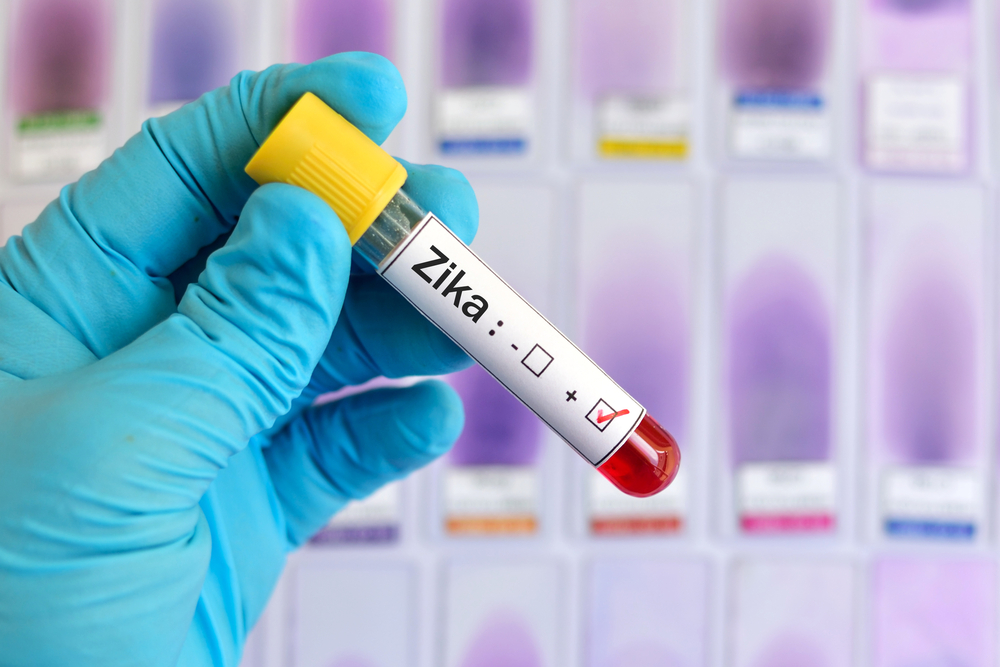
Researchers from the Loyola University Chicago Stritch School of Medicine have generated six antibodies that could be used to test for and potentially treat the Zika virus.
To date, the mosquito-borne disease has afflicted more than 1.5 million people worldwide, but there is no effective vaccine or drug available for treatment. It is most dangerous during pregnancy, which can result in miscarriages, stillbirths, or congenital disabilities.
These new creations could be critical to diagnosing and treating Zika, though. Antibodies bind to antigens invading the body, marking them for the immune system to destroy. These were generated and identified through a technology known as ribosome display, according to the study published in PLOS ONE. Inexpensive to produce and identifiable by something as simple as a filter paper test in the field, the result of six separate identifiers also means that scientists could likely continue to match at least one to the virus even if it evolves.
Dr. Ravi Durvasula, professor and chair of the department of medicine at Loyola conducted the research. Dr. Adinarayana Kunamneni, a research assistant professor in Loyola’s department of medicine, served as first author.
“The recent Zika virus outbreak is a health crisis with global repercussions,” Durvasula, Kunamneni, and their colleagues wrote in the study. “Rapid spread of the disease within the epidemic regions, coupled with migration of infected persons, has underscored the need for rapid, robust and inexpensive diagnostic tools and therapeutics.”
An antibody-based test for Zika has the potential to be both a cheap and speedy means of monitoring for Zika. The antibodies also keep Zika from spreading to other cells by binding with it, giving them potential in drugs meant to keep pregnant women from passing the virus to their fetus.

